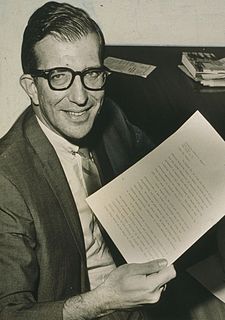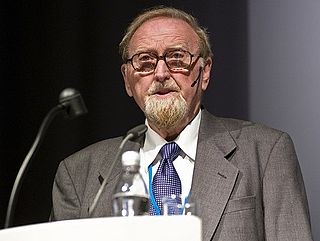A Quote by Cyril Ramaphosa
We aim to restore our focus on building an economy in which all South Africans can flourish, an economy which benefits the people as a whole rather than a privileged few.
Related Quotes
There is a clear and strong link between the economy's present woes and the Iraq war. The war was at least one of the factors contributing to rising oil prices - which meant Americans were spending money on imported oil, rather than on things that would stimulate the american economy. Hiring Nepalese contractors in Iraq, moreover, doesn't stimulate the American economy in the way that building a school in America would do - and obviously doesn't have the long term benefits.
When I was in government, the South African economy was growing at 4.5% - 5%. But then came the global financial crisis of 2008/2009, and so the global economy shrunk. That hit South Africa very hard, because then the export markets shrunk, and that includes China, which has become one of the main trade partners with South Africa. Also, the slowdown in the Chinese economy affected South Africa. The result was that during that whole period, South Africa lost something like a million jobs because of external factors.
It's time to admit that public education operates like a planned economy, a bureaucratic system in which everybody's role is spelled out in advance and there are few incentives for innovation and productivity. It's no surprise that our school system doesn't improve: It more resembles the communist economy than our own market economy.
The focus of all life is its economy, the mode through which every living creature produces its material existence. I know no other criterion for the evaluation of social life except that of social economy. In society, just like anywhere else, the mode of production is the focus around which revolve all the modes of life: in the historical life of conscious beings, it is also the focus of all modes of consciousness.
You've got the whole civil rights movements emanating from the south, you've got the music that came out of the south that is the core of our current music, so for me that thinking comes out of having Dukes of Hazzard thrown in your face: that the south is a bunch of twangy people that I can't understand. So this is, hopefully, part of the movement to restore the south to its proper and rightful place in our nation... which is huge and pervasive. It's not about Texas - I'm not saying Texas doesn't have it's own unique history - but the south has this at its core.
There is a section of our population in South Africa that you can't expect to get integrated in the economy of its own. These are people without skills and that will include young people who might very well have matric certificates, but don't have the skills to be absorbed in the economy. So we need to target people like those in a special way, in a focused way so that they have the skills and the capacity to participate in the economy. That requires special programmes.
To me, it really seems visible today that ethics is not something exterior to the economy, which, as technical matter, could function on its own; rather, ethics is an interior principle of the economy itself, which cannot function if it does not take account of the human values of solidarity and reciprocal responsibility.
I was an advocate of the deregulation movement and I made - along with a lot of other smart people - a fundamental mistake, which is that deregulation works fine in industries which do not pervade the economy. The financial industry undergirded the entire economy and if it is made riskier by deregulation and collapses in widespread bankruptcies as what happened in 2008, the entire economy freezes because it runs on credit.































